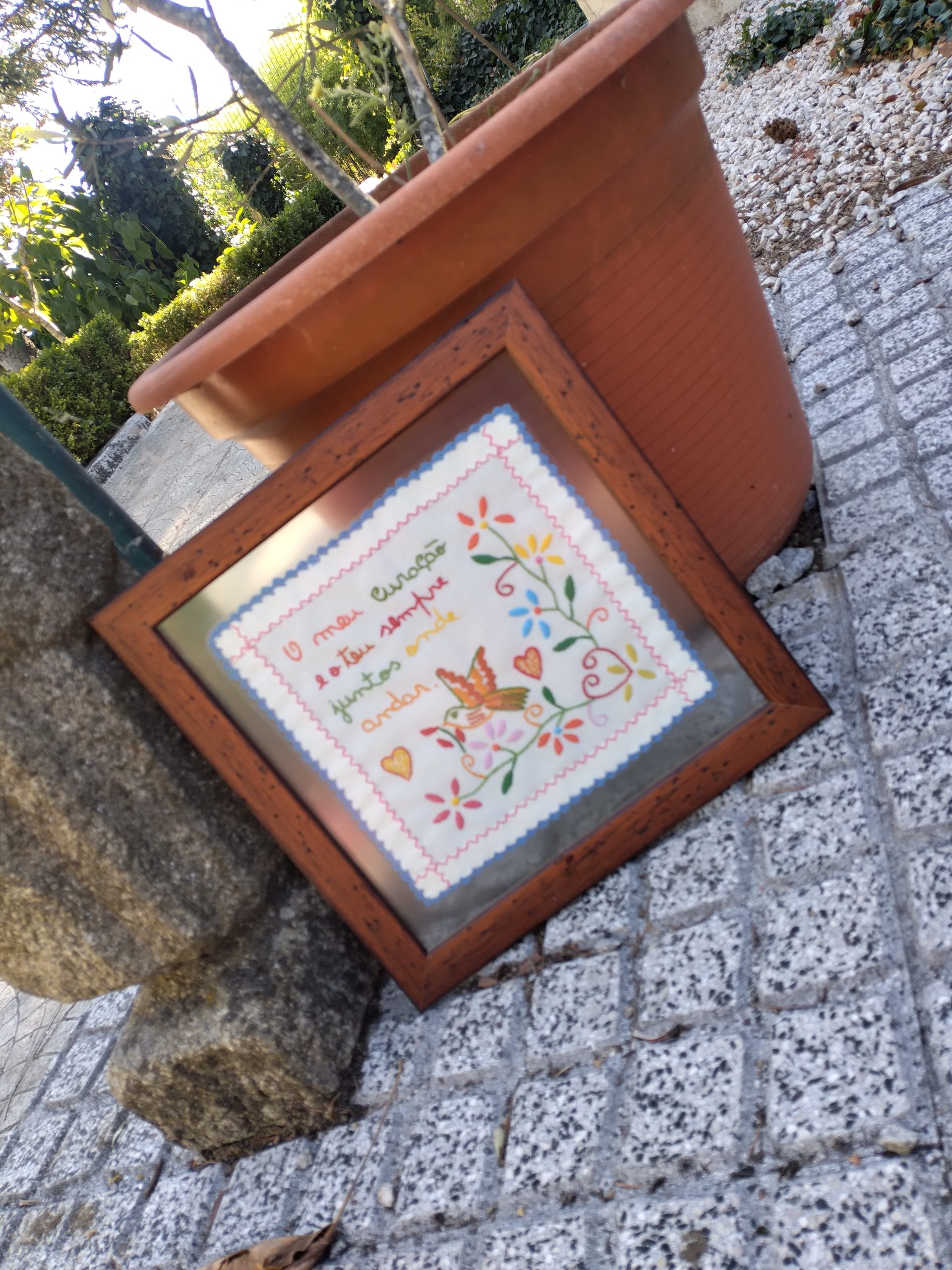Letter from a Soldier to his Fiancée, 14 June 1919
14th June 1919
Dear Alzira,
There isn’t a day when I don’t think of you. I never learned how to write, as you well know, but I asked a fellow fighter to put down on paper what I tell him. You’ll no doubt have someone to read you this letter. As you know, I was posted to the Vouga Line in [erased]. We have succeeded in repelling the Republican offensives, with the blessing and grace of God Almighty, undoubtedly proving that our cause is just. Much of this is due, I admit, to the Russian (or French? I’m not sure) orders that His Majesty King Manuel II brought with him. Much of this is due, I admit, to the instructions of the Russian (or French? I’m not sure) that His Majesty King Manuel II brought with him. I found this foreigner strange, at first. What interests could he have? What advantages are there for him? I don’t understand it yet, but I can’t deny that he’s been a major contribution to our defence lines. We add up victories, and there are rumours among the men that the failed assaults by the Republican troops have led to a mutiny. It’s better for us if they kill each other.
Sadly, not everything is good news. The conditions at the trenches [erased]. I don’t wish to disturb you, loved one, with images that bring you anguish, but mud and debris make a man’s uniform [erased], and the boots they send us rarely are [erased]. The weaponry [erased], and there’s that, at least.
The Disease has also arrived at the front lines; that disloyal enemy, which takes more [erased] than the Republicans can manage. Nothing good ever comes from Spain!
I keep close to my heart the handkerchief you embroidered for me, and even though it’s dirty, it’s the most immaculate possession I own. I dream of the day when I will return, and we will become husband and wife in the eyes of our families and of the Lord.
Forever yours,
Faustino
Document provided by the descendants of Alzira and Faustino Faial to the Oporto District Archive. The French-Russian foreigner referred by Faustino is believed to be Mechnikov, the microbiologist biologist responsible for developing biofuel from the Douro grape. The ‘Disease’ is probably the second wave of the Spanish Flu, the epidemic which affected Porto and, from the city, spread to the troops. The presence of erasures on the document indicates the existence of a censorship, aiming to cover any information that could benefit the Republican troops in the event of an interception.

Comments